Say Goodbye to Irritation: How to Pick the Right Sunscreen for Sensitive Skin

Choosing the right sunscreen can be tricky, but when you have sensitive skin, it can be even more challenging. The last thing you want is to apply sunscreen, just out of the fear of redness, itching, or breakouts. If this sounds familiar, you're not alone.
Sensitive skin requires special care, and that includes choosing a sunscreen that not only protects from harmful UV rays but also soothes your skin.
In this blog, we'll walk you through everything you need to know to pick the perfect sunscreen for sensitive skin.
Why Sunscreen Is Essential (Even for Sensitive Skin)
We all know the dangers of sun exposure—sunburn, premature aging, and the increased risk of skin cancer. Sunscreen is your best defense against these harmful effects, even if you have sensitive skin.
In fact, those with sensitive skin are more prone to sun damage because their skin’s natural barrier is often weaker. This makes it even more important to find a sunscreen that protects without causing further irritation.
Common Problems People with Sensitive Skin Face
- Burning sensation or stinging: Some sunscreens contain chemicals that can irritate sensitive skin, causing a burning or stinging sensation.
- Breakouts: Oily or thick sunscreens can clog pores, leading to acne or other breakouts.
- Redness and inflammation: Certain ingredients, such as fragrances or preservatives, can trigger redness or inflammation in sensitive skin.
- Dryness: While sunscreen protects from UV rays, some formulas can dry out your skin, leading to flakiness and irritation.
The Key to Choosing the Right Sunscreen for Sensitive Skin
So, how do you choose the right sunscreen that won’t aggravate your skin? Here's what to look for:
1. Opt for Mineral or Hybrid Sunscreens Over Chemical Sunscreens
Hybrid sunscreens, which contain zinc oxide or titanium dioxide, sit on top of the skin and reflect the sun’s rays. They are less likely to irritate sensitive skin compared to chemical sunscreens, which absorb into the skin and can cause reactions.
2. Look for Natural Fragrances
Strong fragrances can be a big trigger for people with sensitive skin. They often cause redness, itching, or even allergic reactions. When choosing a sunscreen, always go for fragrance-free or natural fragrances. This reduces the chance of your skin reacting negatively.
3. Avoid Harsh Ingredients
When browsing sunscreen labels, avoid ingredients known to irritate sensitive skin, such as:
- Oxybenzone: A chemical commonly found in sunscreens that can cause allergic reactions.
- Parabens: Used as preservatives, parabens can disrupt hormone balance and cause skin irritation.
- Alcohol: Often added for a quick-drying effect, alcohol can severely dry out and irritate sensitive skin.
4. Choose Hypoallergenic and Clinically-tested Products
It’s always a good idea to look for sunscreens labeled “hypoallergenic,” which means they are formulated to minimize the risk of an allergic reaction. Also, opt for sunscreens that are clinically tested to ensure they’re safe for sensitive skin types.
5. Go for a Broad-Spectrum SPF 30 or Higher
While finding a sunscreen that won’t irritate your skin is important, it’s equally crucial that the sunscreen provides adequate protection. Always choose a broad-spectrum sunscreen, meaning it protects against both UVA and UVB rays, with an SPF of 30 or higher. This level of protection helps prevent sunburn, skin damage, and the risk of skin cancer.
Best Types of Sunscreen for Sensitive Skin
Now that we’ve covered the essentials, let’s look at some types of sunscreen that work well for sensitive skin:
1. Mineral/hybrid Sunscreens with Zinc Oxide or Titanium Dioxide
As mentioned, mineral sunscreens are ideal for sensitive skin. Zinc oxide, in particular, is a great choice because it not only protects against UV rays but also soothes inflammation and irritation.
2. Moisturizing Sunscreens
Sensitive skin often suffers from dryness, so sunscreen with hydrating ingredients like hyaluronic acid and rice protein can help. These ingredients lock in moisture, keeping your skin soft and comfortable throughout the day.
3. Sunscreens with Added Soothing Ingredients
If your skin is prone to irritation, look for sunscreens that contain calming ingredients like aloe vera or chamomile extract. These natural components can help reduce redness and soothe any irritation caused by sun exposure.
In the End…
Finding the right sunscreen for sensitive skin doesn’t have to be complicated. By choosing mineral sunscreens, avoiding harsh ingredients, and opting for products designed for sensitive skin, you can enjoy sun protection without the worry of irritation.
Remember to patch test, apply generously, and reapply throughout the day to keep your skin safe and healthy.



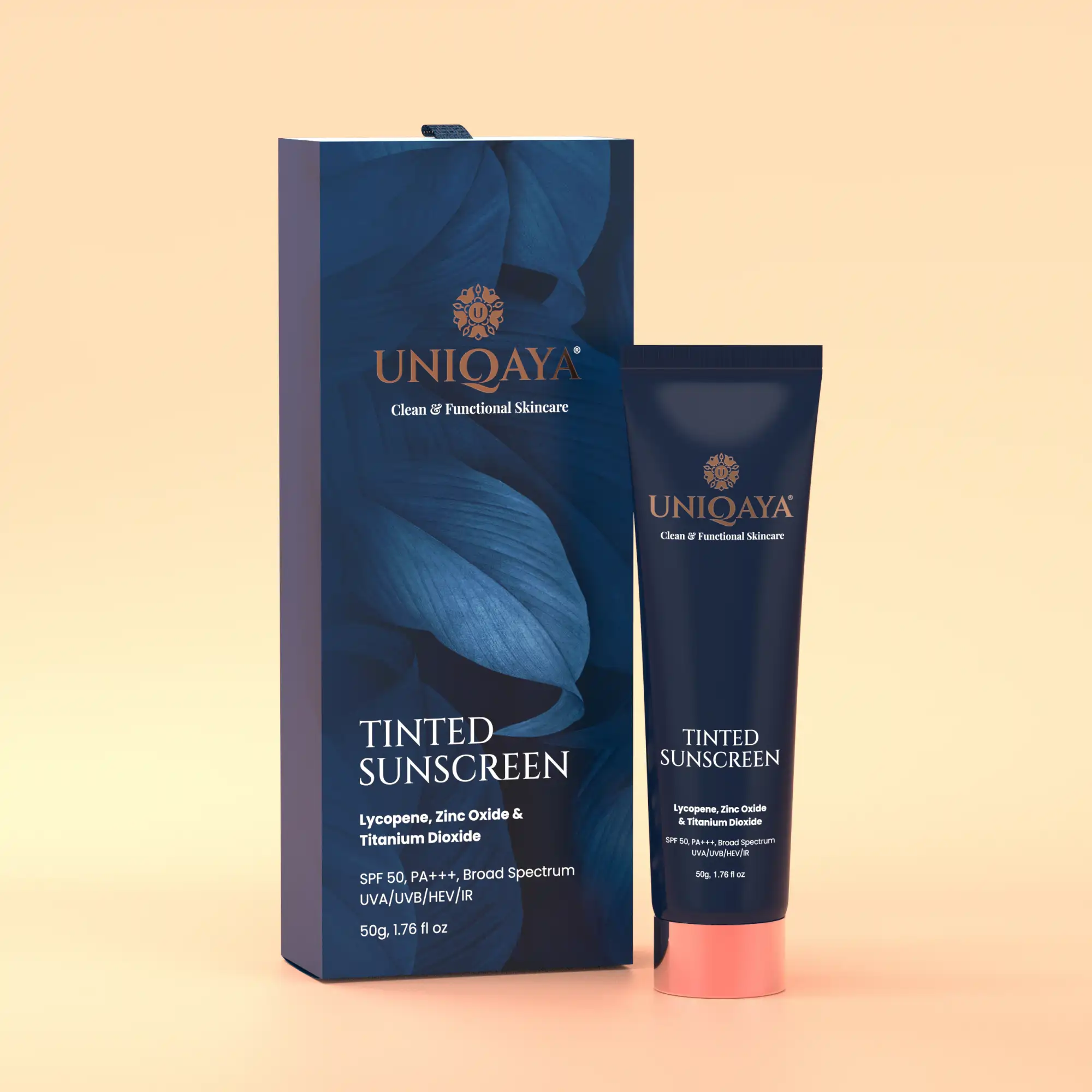

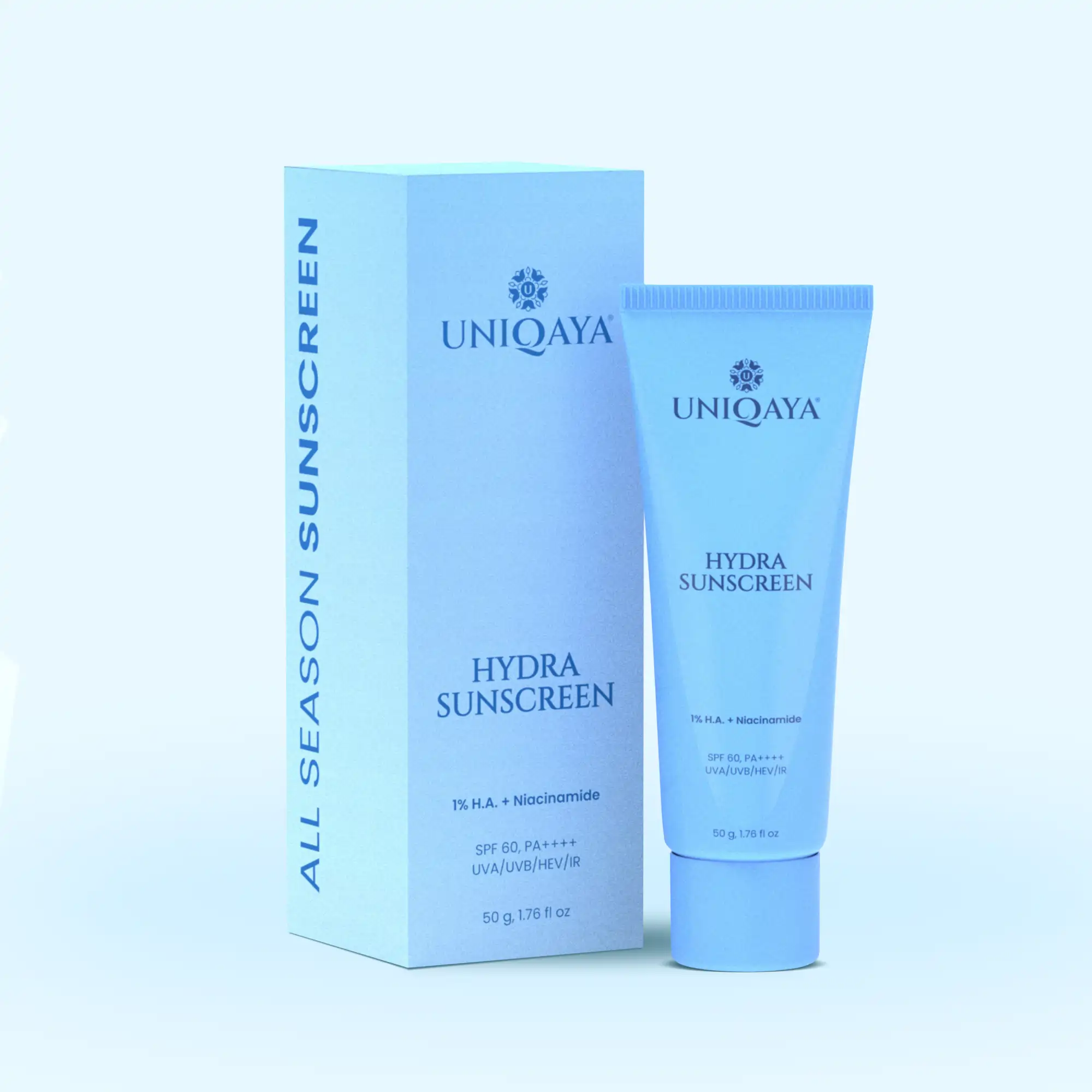

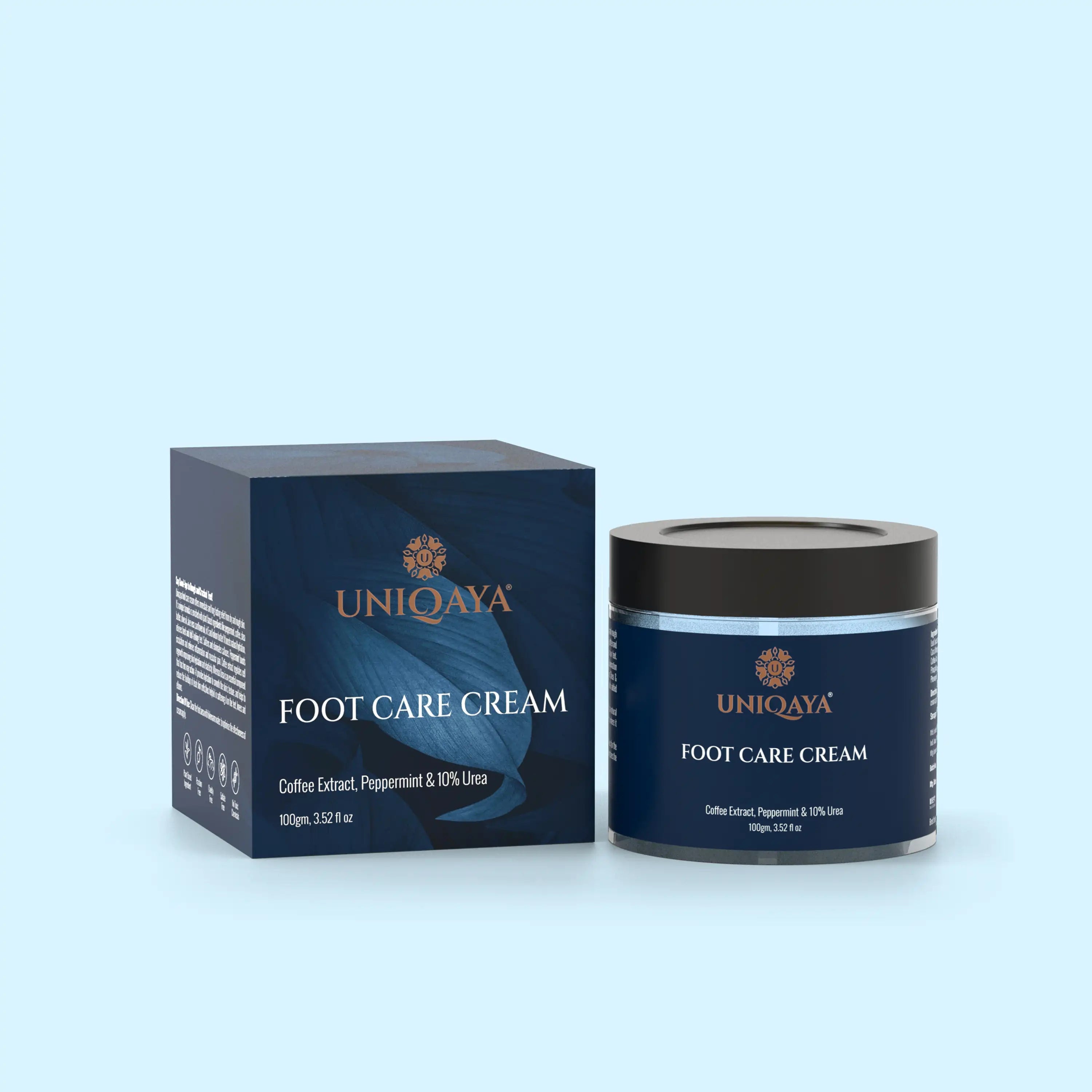

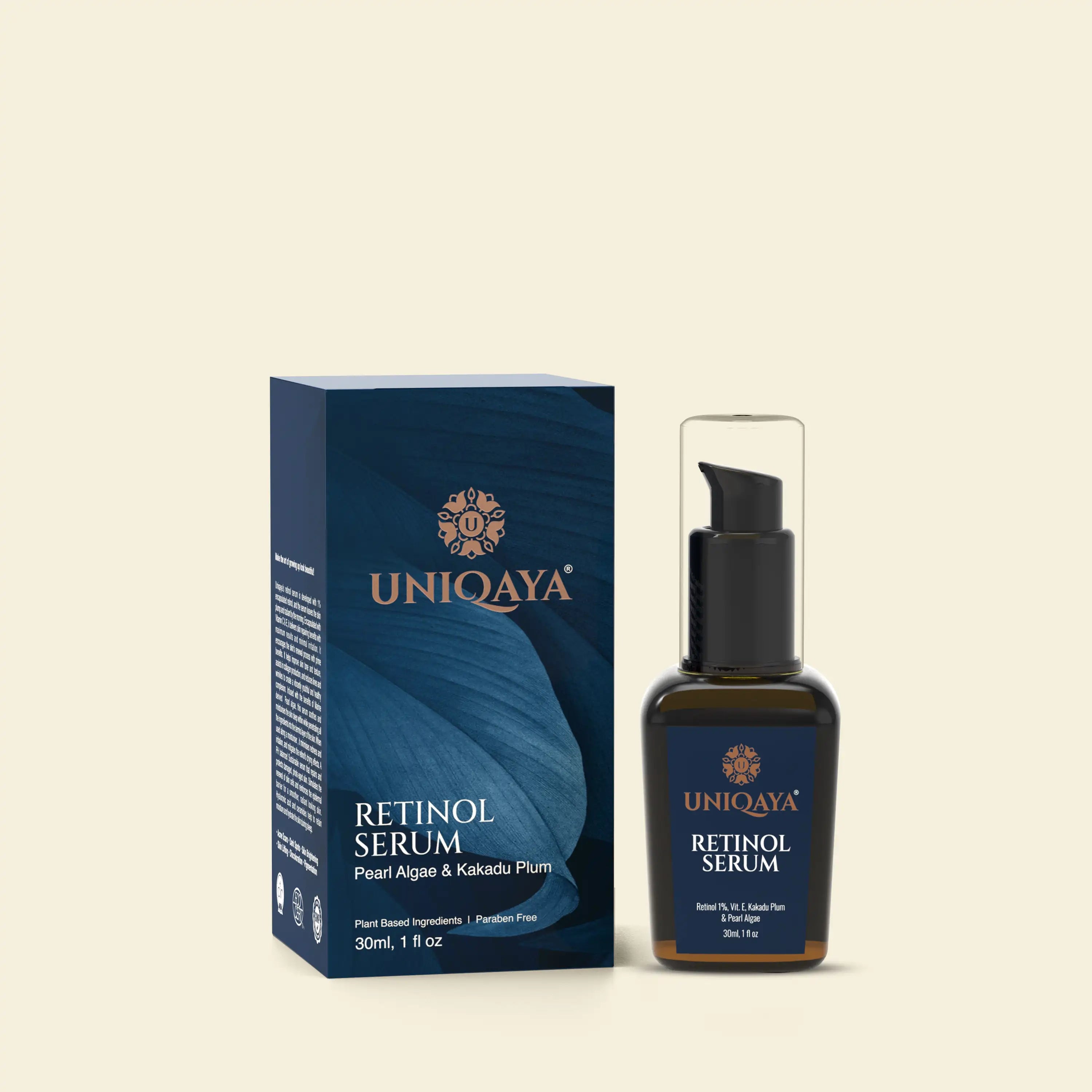
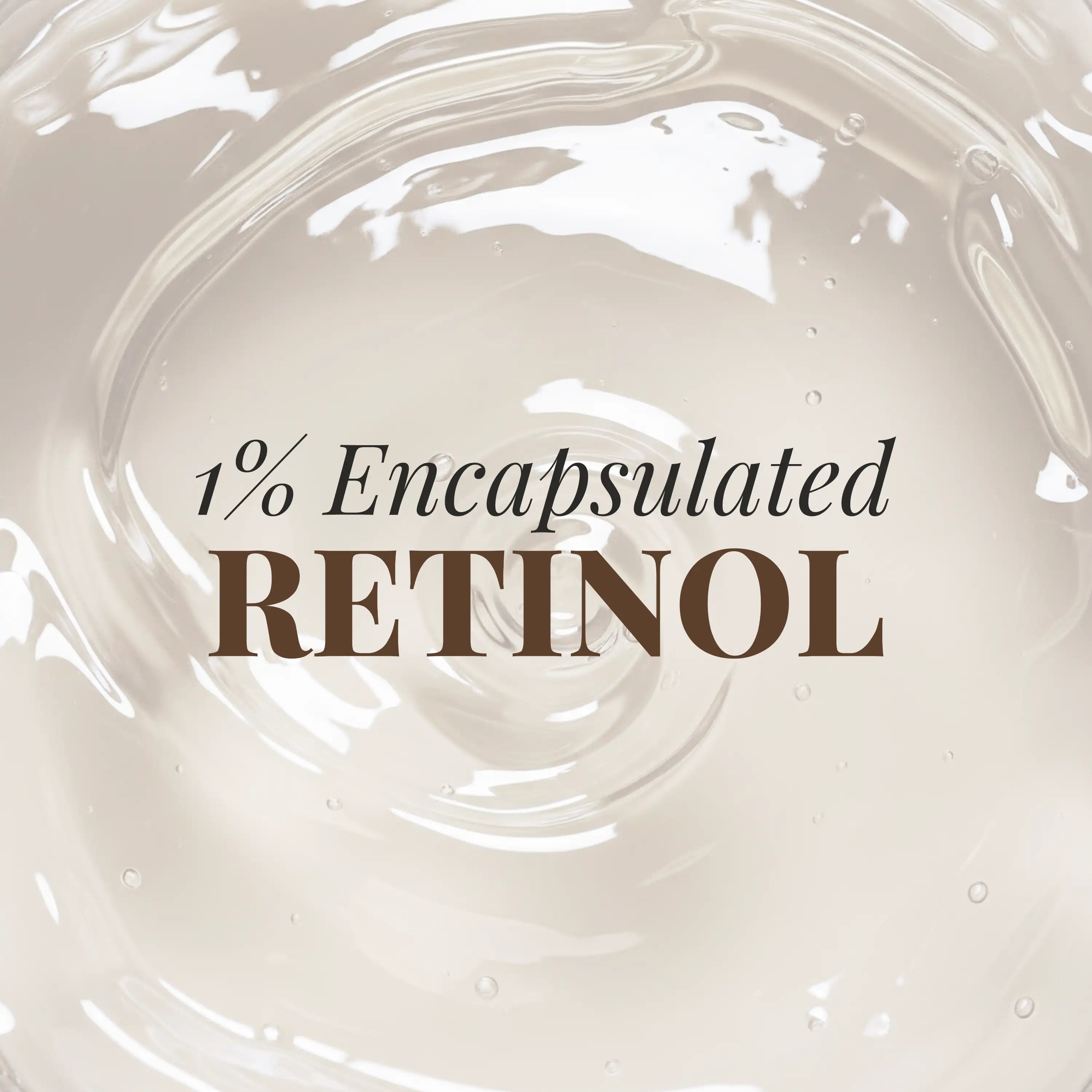
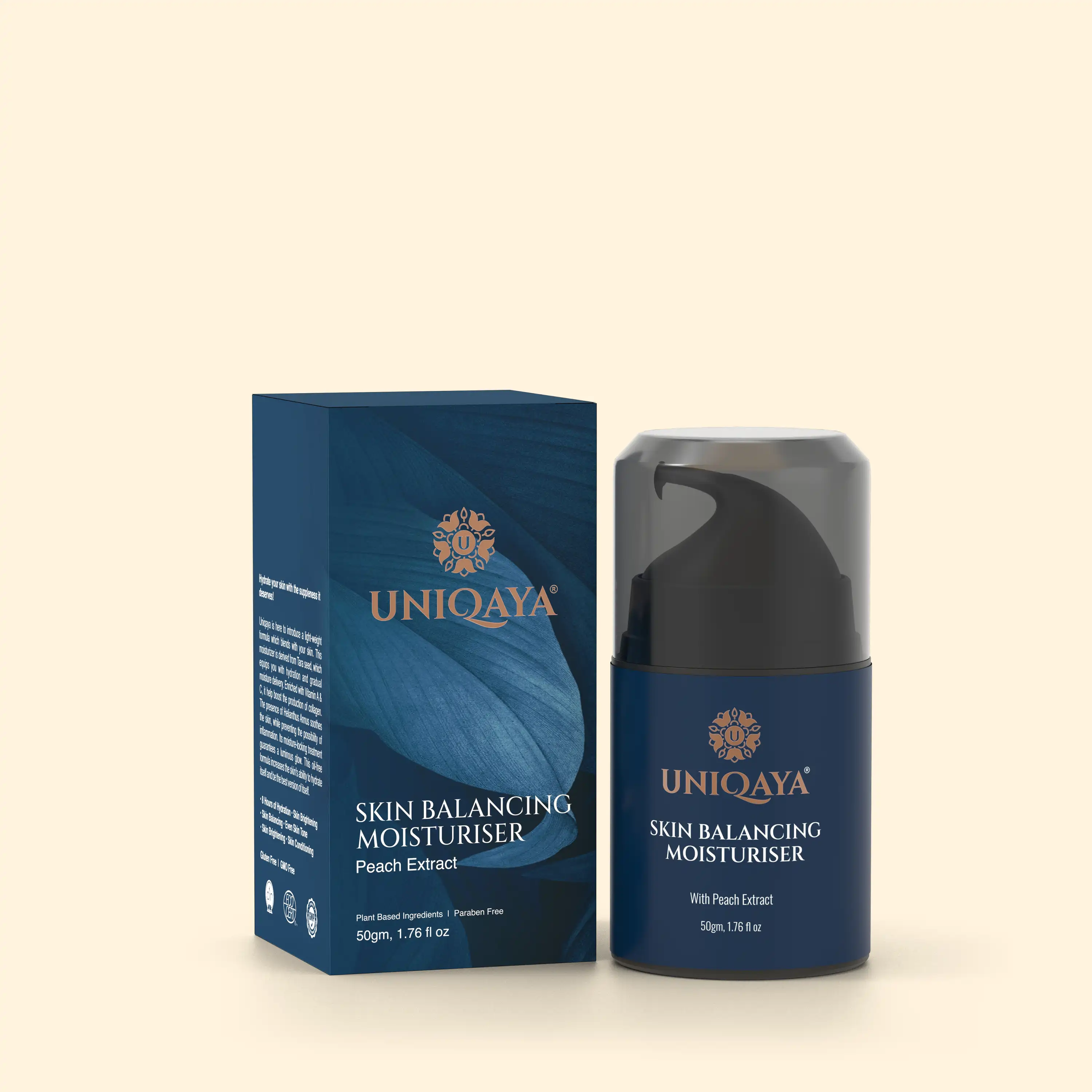
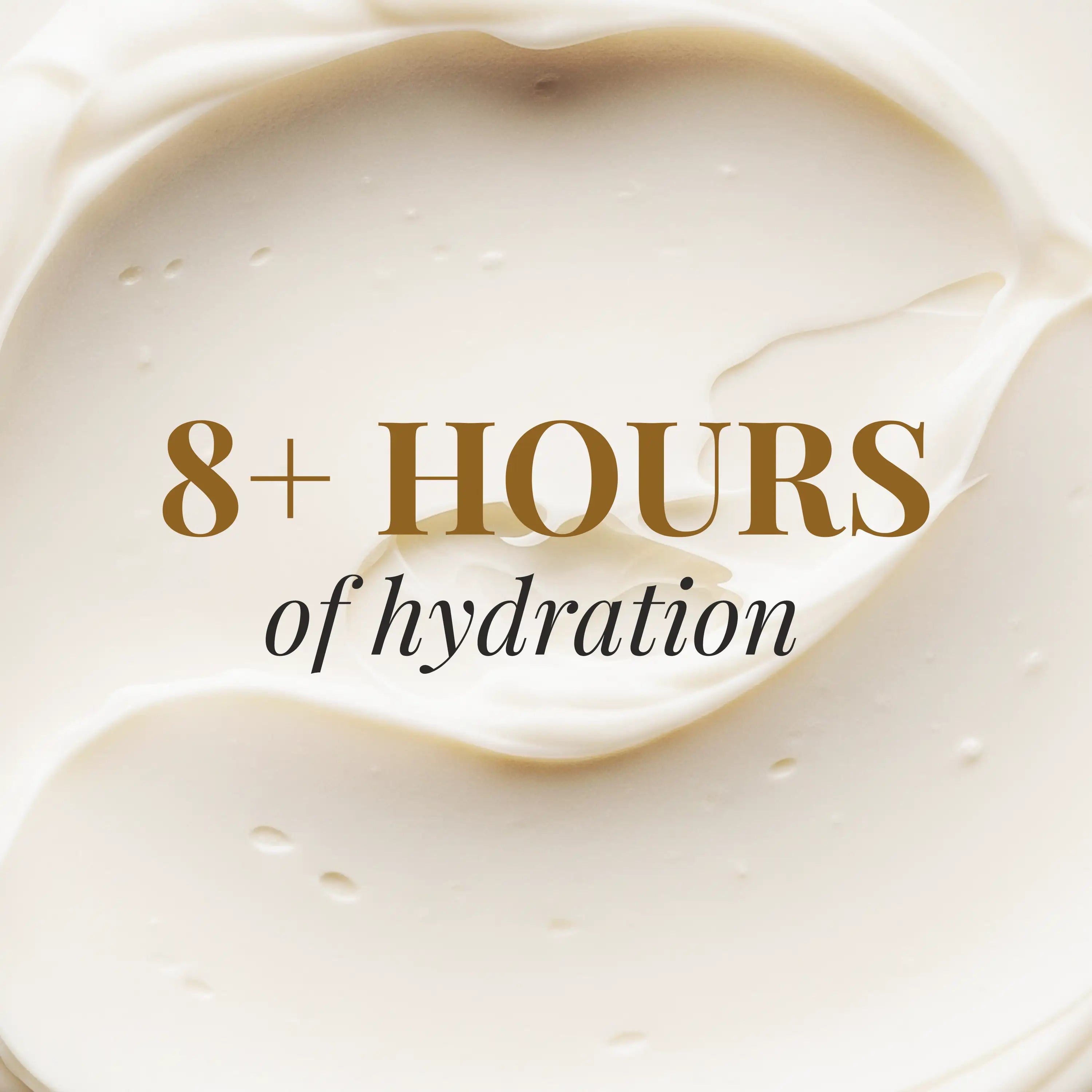
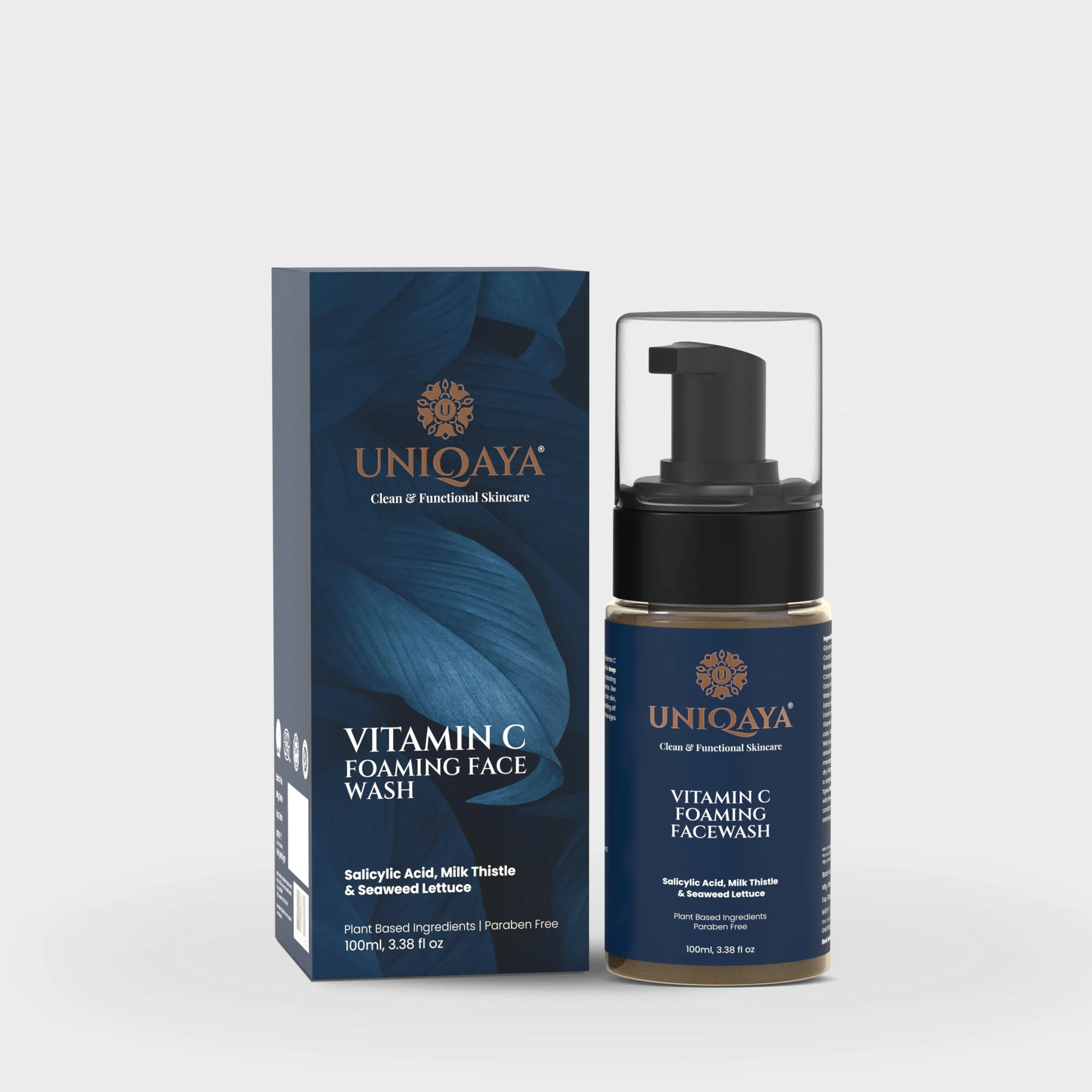
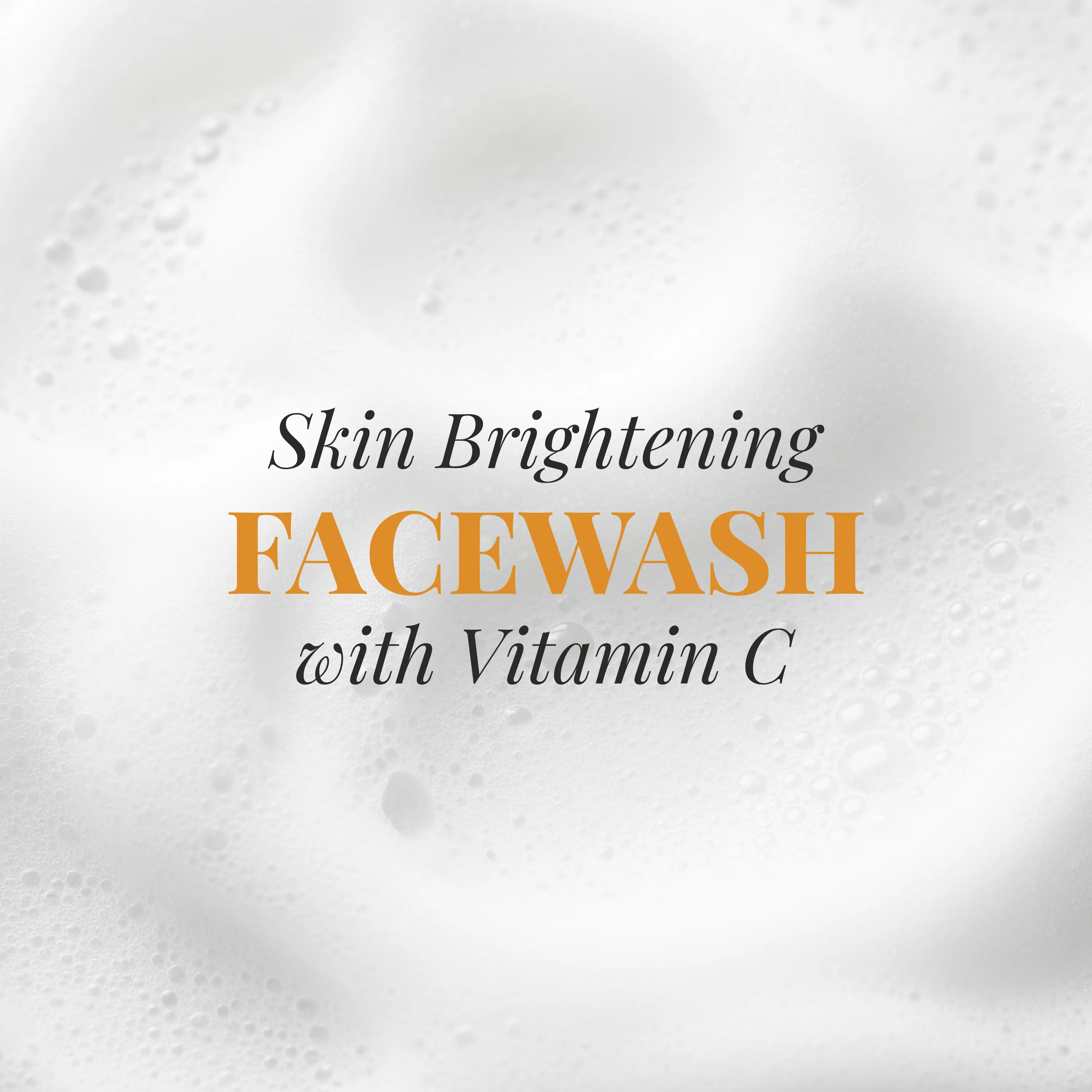
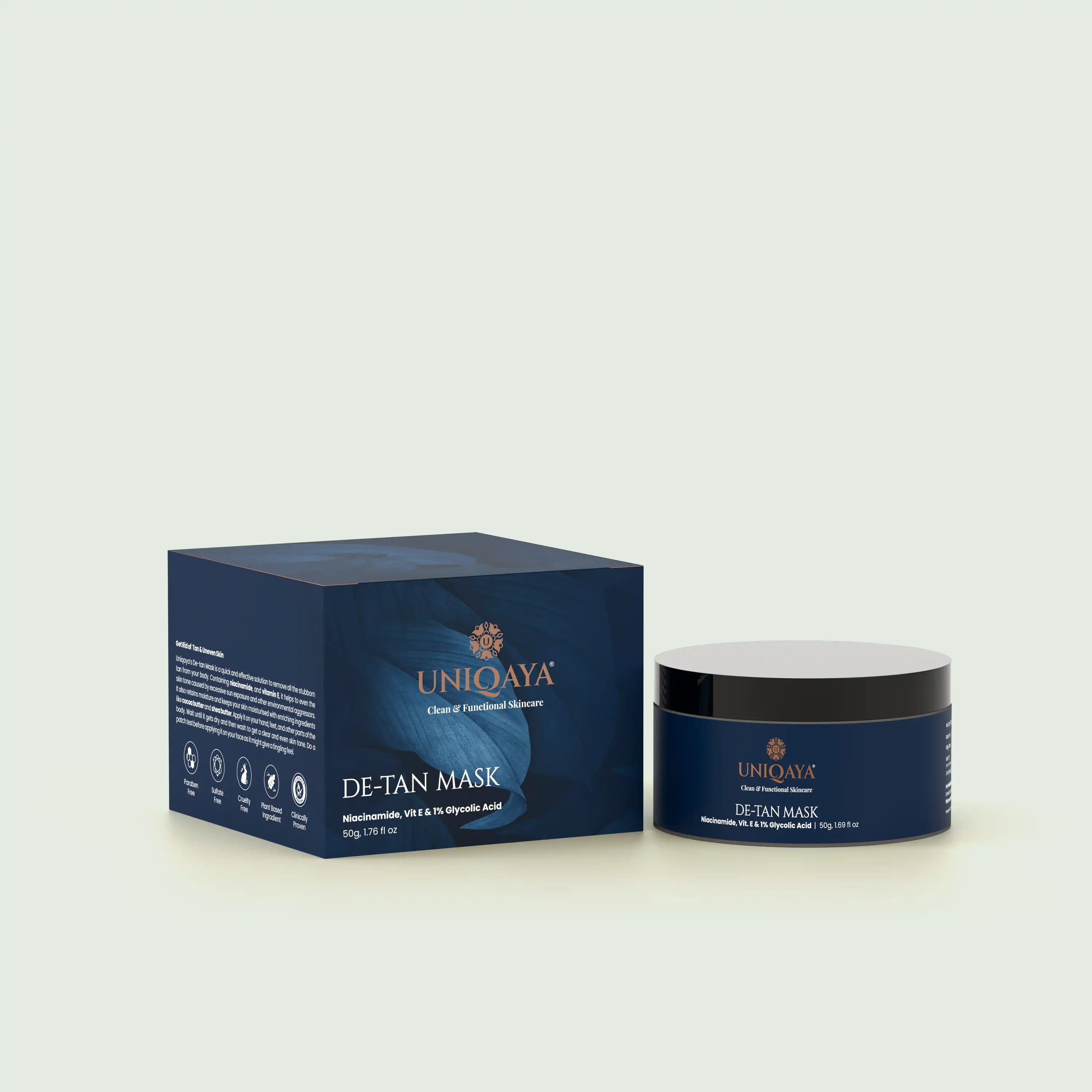
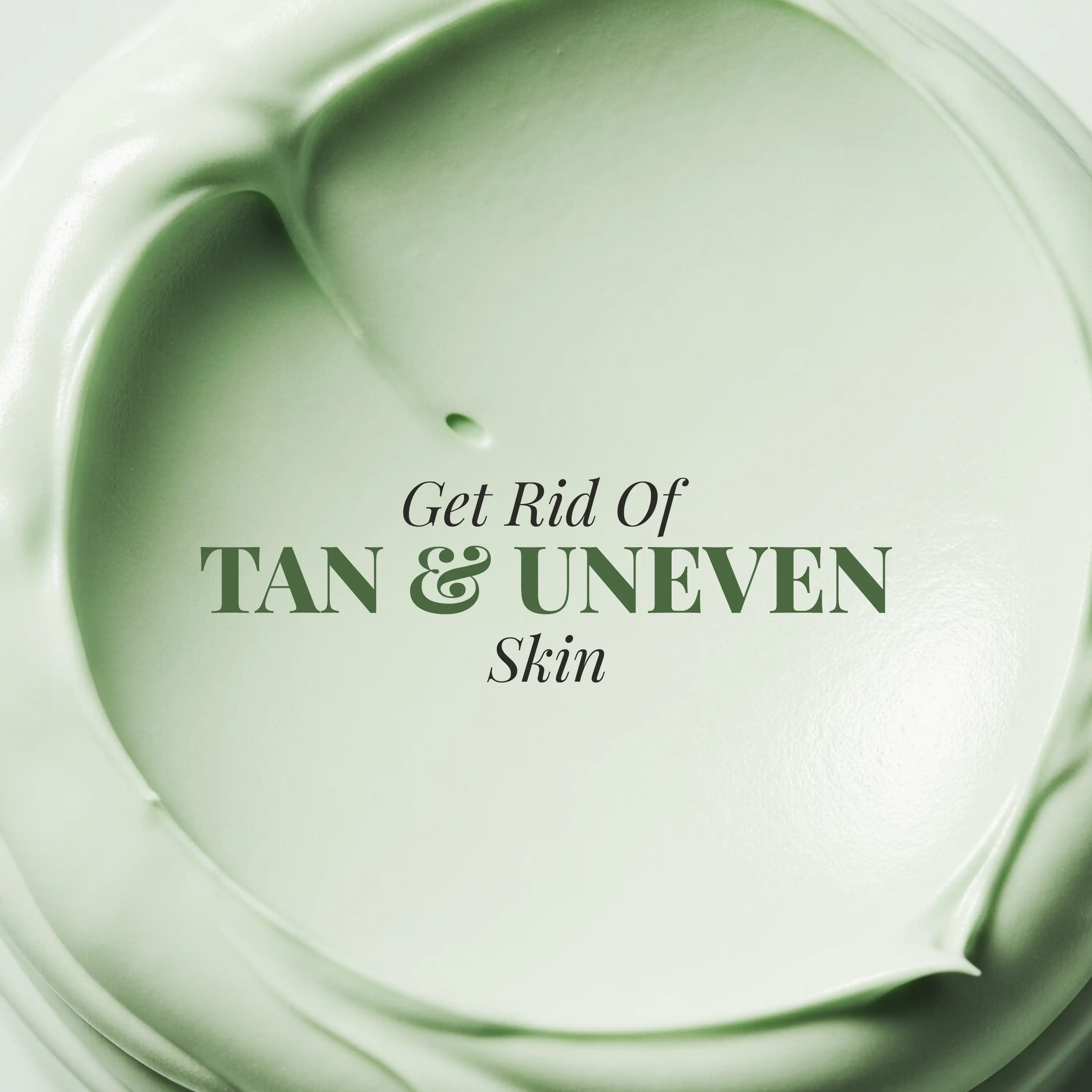
Leave a comment